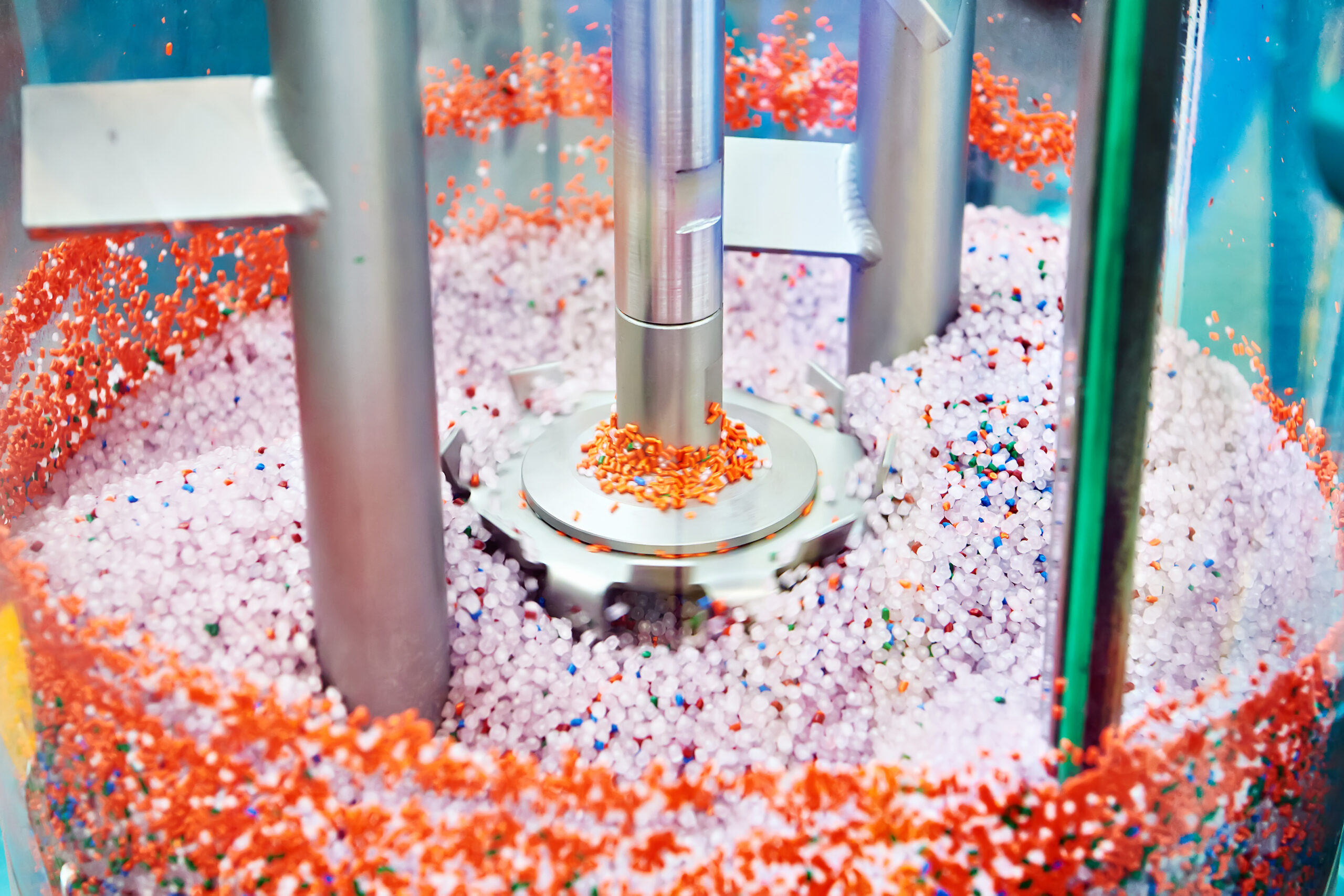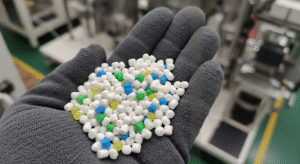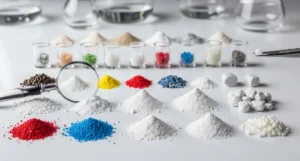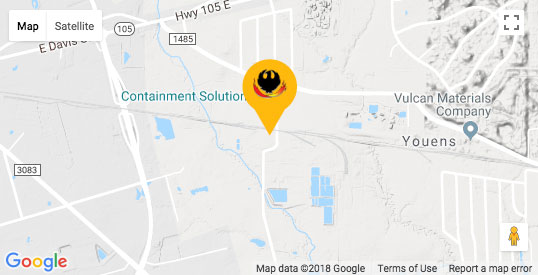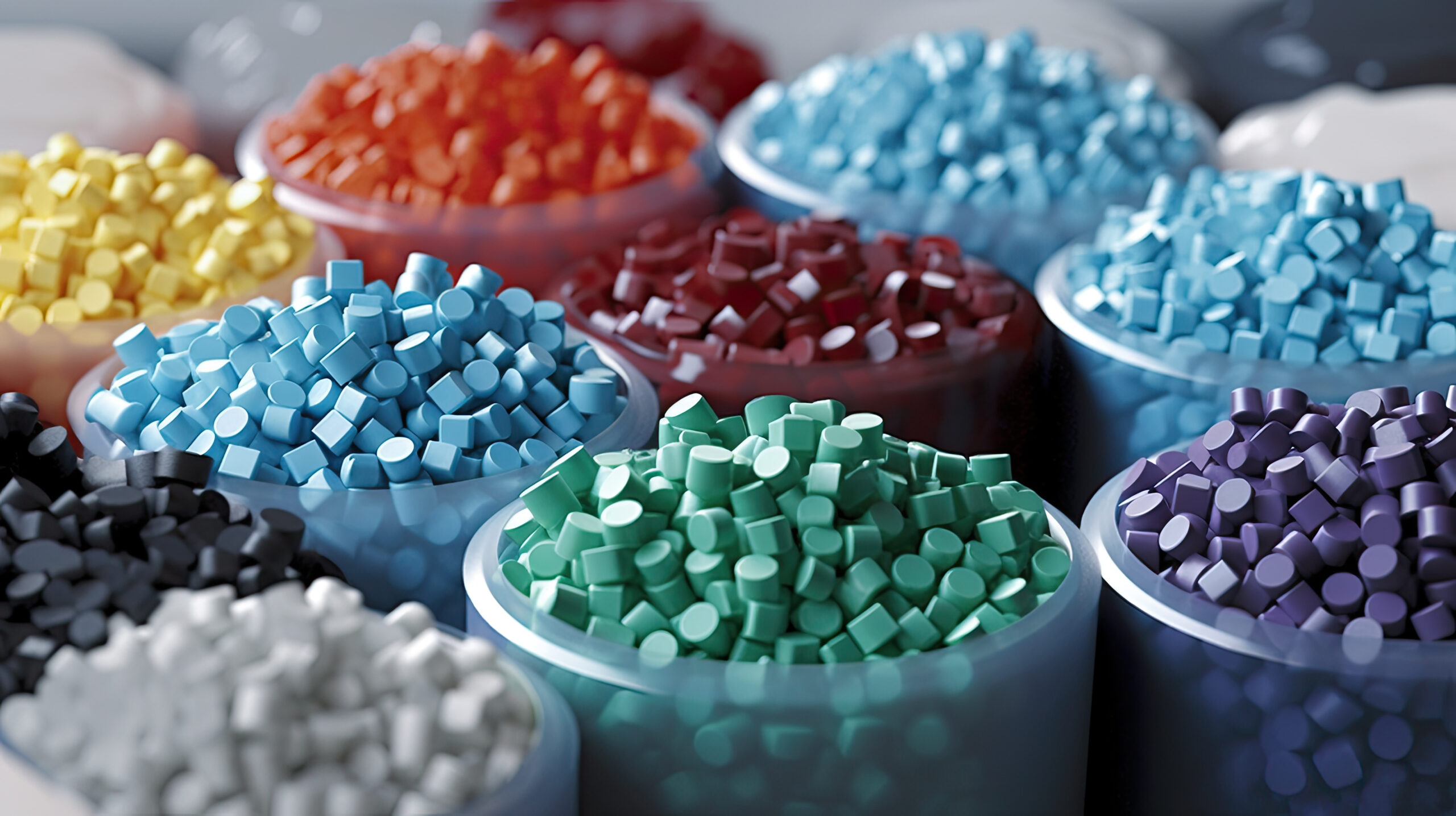
Compliance with regulations ensures consumers’ safety and helps businesses maintain their reputation and market credibility. This article will explore the importance of compliance and safety in using plastic additives and provide insights into navigating regulatory requirements effectively.
Understanding Regulatory Requirements for Plastic Additives
Plastic additives are substances added to plastics during the manufacturing process. They can serve several purposes, including improving the strength and flexibility of plastic, enhancing its resistance to ultraviolet (UV) radiation, or providing flame-retardant properties. Additives are typically categorized into different types, such as stabilizers, plasticizers, colorants, and flame retardants. Each type serves a specific purpose and requires careful evaluation to ensure compliance with regulatory requirements.
Importance of Compliance and Safety
Compliance with regulatory requirements for plastic additives plays a crucial role in ensuring the safety of consumers and the environment. Some additives, if used in excessive amounts or inappropriately, can have adverse effects on human health or contribute to environmental pollution.
For instance, certain plasticizers have been found to possess endocrine-disrupting properties, impacting hormone levels in humans and wildlife. Compliance with regulations helps minimize these risks and protects both the users of plastic products and the environment.
Furthermore, adherence to regulatory requirements improves businesses’ credibility and reputation. Consumers are becoming increasingly conscious of the potential risks associated with the products they purchase. They value transparency and expect manufacturers to prioritize safety. By demonstrating compliance with regulations, businesses can build trust with their customers and gain a competitive edge in the market.
Navigating Regulatory Requirements
Given the diversity of plastic additives and the complexity of regulations surrounding their usage, navigating regulatory requirements can be a daunting task for manufacturers. However, following a systematic approach, businesses can ensure compliance and safety with plastic additives.
Stay Informed: It is essential to stay current with the latest regulations. Regulatory bodies, such as the Food and Drug Administration (FDA) and the European Chemicals Agency (ECHA), regularly update guidelines and restrictions on additives. Subscribing to industry newsletters, attending relevant conferences, and actively engaging with regulatory authorities can provide valuable insights into the evolving requirements.
Conduct Thorough Risk Assessment: Before incorporating any plastic additive, it is crucial to conduct a thorough risk assessment. This assessment should evaluate the potential hazards associated with the additive and its intended use and concentration limits. Considering alternative additives with reduced risks can also be a part of this assessment process.
Choose Reputable Suppliers: Collaborating with reputable suppliers is vital in ensuring compliance. Reputable suppliers have a thorough understanding of regulatory requirements and provide supporting documentation, such as safety data sheets and regulatory certifications. Establishing strong relationships with suppliers who prioritize compliance eases the burden of navigating regulatory complexities.
Test and Certify: Testing the plastic product containing the additive for compliance with the applicable regulations is a crucial step. Accredited testing laboratories can provide accurate and reliable data on the product’s safety and compliance. Obtaining relevant certifications, such as the Restriction of Hazardous Substances (RoHS) or the Registration, Evaluation, Authorization, and Restriction of Chemicals (REACH), further validates the product’s compliance in the marketplace.
Document and Communicate: Maintaining proper documentation of compliance efforts is essential. This documentation should include records of risk assessments, test reports, certifications, and communication with suppliers and regulatory authorities. Clear and concise communication regarding compliance measures helps businesses demonstrate their commitment to safety and conformity.
Compliance and Safety with Plastic Additives
Navigating regulatory requirements for plastic additives is crucial to ensuring compliance and safety in the manufacturing process. Businesses can successfully navigate the complex landscape by understanding the different types of additives, recognizing the importance of compliance, and adopting a proactive approach to meeting regulatory standards. Complying with regulations safeguards the health of consumers and the environment and enhances the reputation and credibility of businesses in the industry.
Prioritizing compliance and safety is not only an ethical responsibility but a strategic imperative for companies operating in the plastic additives market. Whether you’re in need of high-quality plastic resins or custom compounding solutions, we’ve got you covered. Our team of experts is ready to assist you in finding the perfect plastic materials for your specific needs. Experience the Phoenix Plastics difference today.


